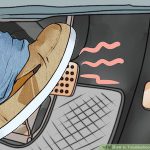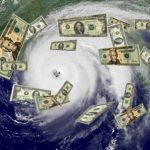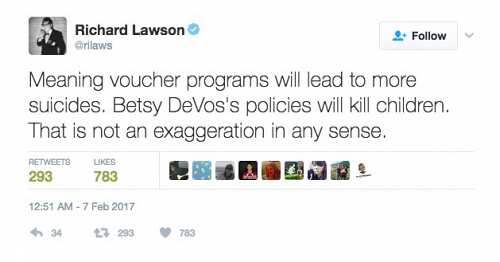Do you remember when those hurricanes hit Texas and Florida last month and since some people couldn’t access their money to buy food and other supplies the government just waived the law against theft so people could get what they needed more quickly? Yeah, me neither. But in fact the government did waive one law last month: the Jones Act. This waiver applied to affected ports in Texas, Florida, and Puerto Rico. But I thought laws were the very immovable bedrock upon which society was based. How can such pillars of civilization be summarily set aside? The answer is that such “laws” are not really law at all. They are but mere whims and cronyist preferences of those with the power to rule over we mere peasants. These “laws” rather than preventing victimization they instead create victims by benefiting one party at the expense of another.
The Jones Act of 1920 artificially restricts the transport of goods between US ports to only those vessels owned, operated and principally manned by US citizens. In other words no “ferners” can move goods from US port to US port. It was established for putative national security interests post World War I, predicated (as all such protectionist measures are) on a fear of the big “what if” nightmarish scenario of US goods being transported mainly by foreigners….shudder. Of course such a policy is amenable to the autarkist interests of any nation eager to engage in war.
So while the Act has benefited the US merchant marine industry, it has been at the expense of consumers, principally those on US protectorate islands (like Puerto Rico) who by necessity must have nearly all goods brought in by ocean. A 2012 study showed that it cost nearly twice as much to ship to Puerto Rico from the US as it would were a non-US vessel permitted to make such shipments. Another study showed it costs Puerto Rico $537 million per year. In other words $537 million more goes to US vessels (seen benefit) and $537 million fewer dollars goes to those businesses and industries (unseen harm) where that money would have been spent had it stayed in the pockets of the Puerto Rican people.
If a law becomes an obstacle in times of distress then think of what it does in normal times. Although one can get from point A to B while riding the brakes on a full tank, does it really require running on fumes to realize perhaps this constant braking is not a good idea? It is time to remove all such artificial drags on the economy. The role of government is to protect our rights, not to benefit one group at the expense of another.








The problem is not so much the lack of means to pay, as it is the lack of ability to make a choice. If you are going to die or lose a limb in the next hour without treatment, or if you are unconscious, you have no ability to consider your options, and no ability to freely enter into contract with a service provider That’s a market failure, in the sense that, for all practical purposes, there is no market, not merely that the market produces an outcome you dislike.
Is the solution, therefore, that all such cases would simply have to be taken care of by charitable institutions